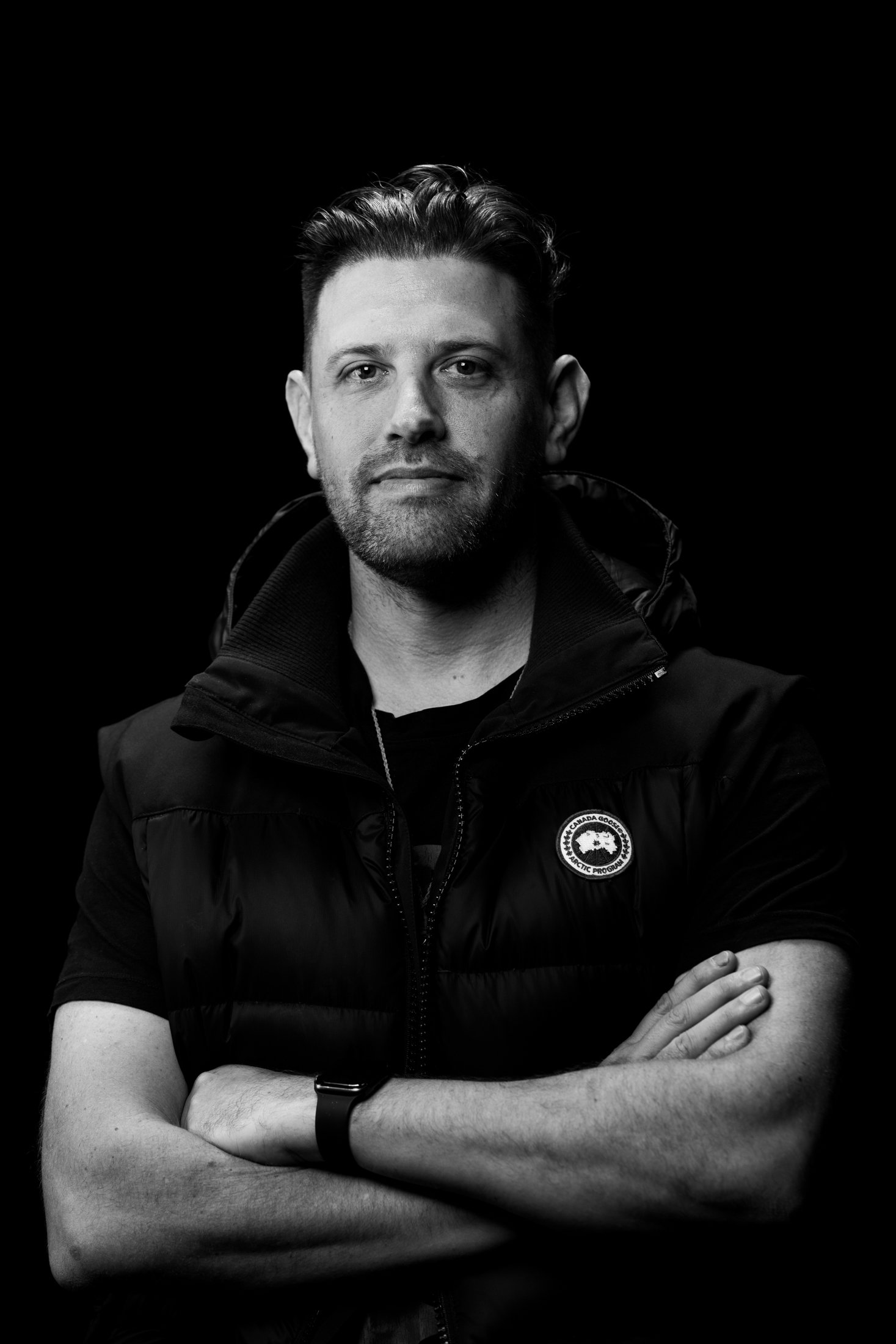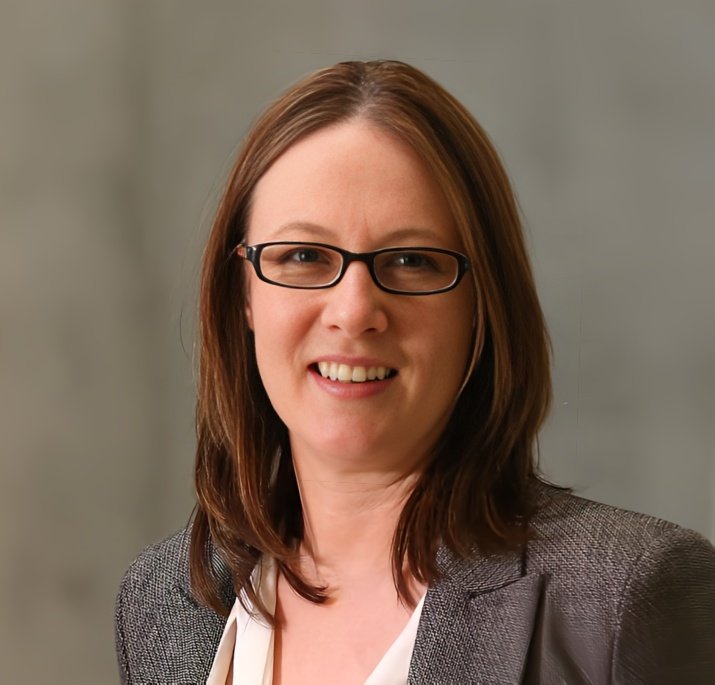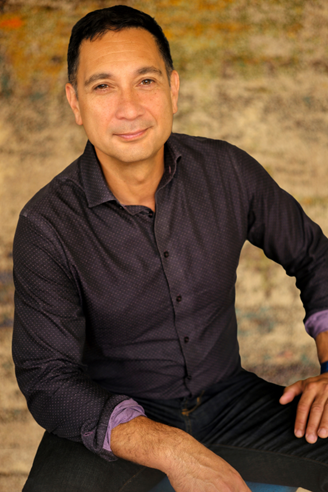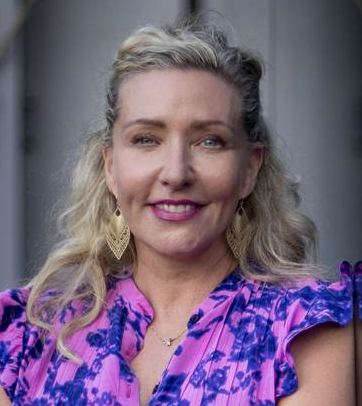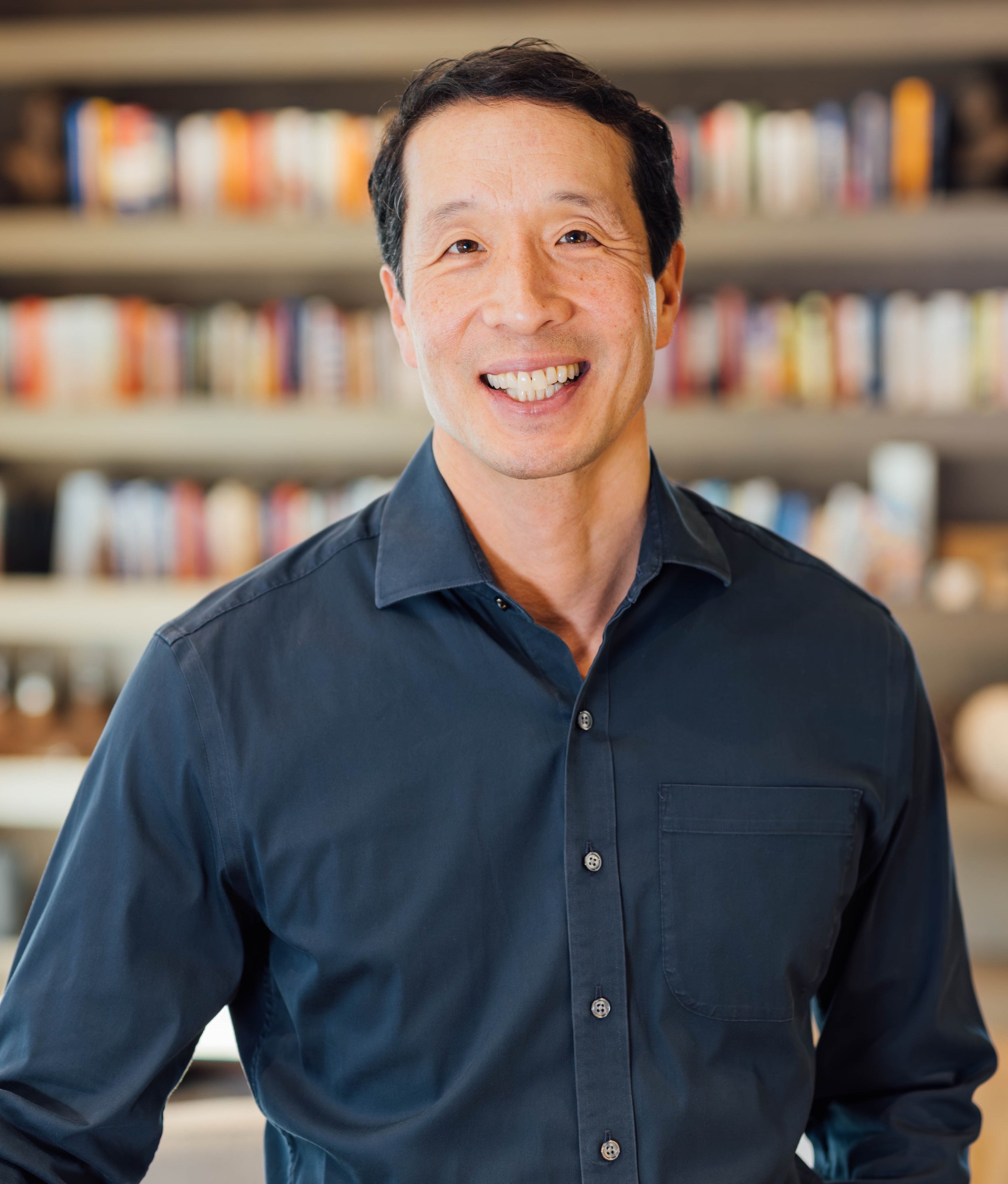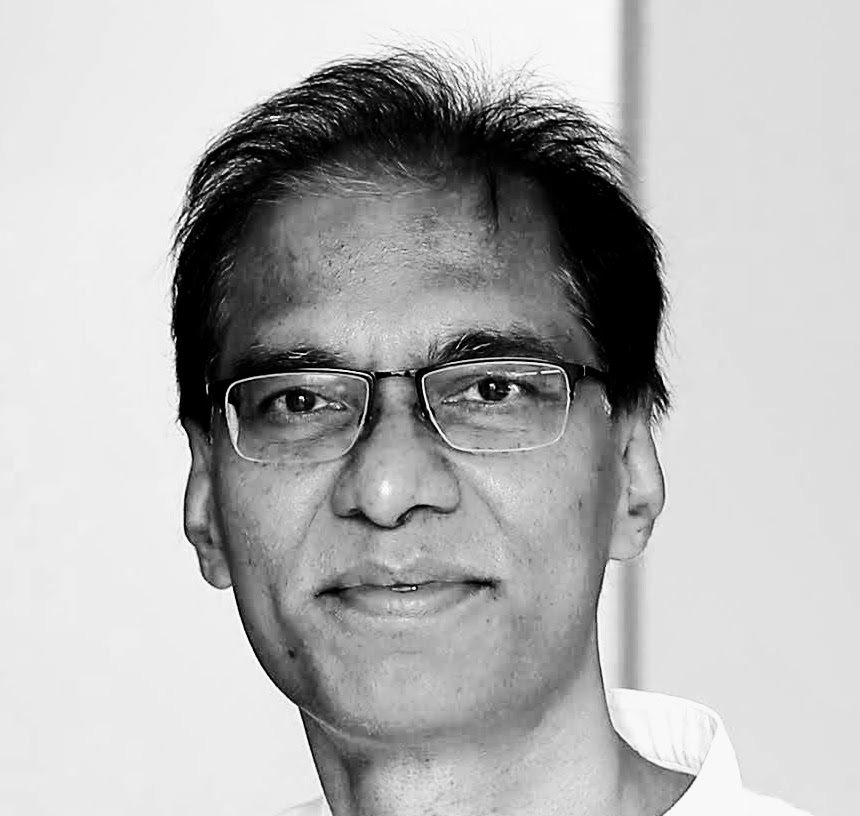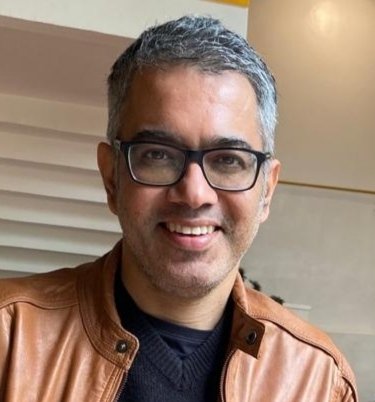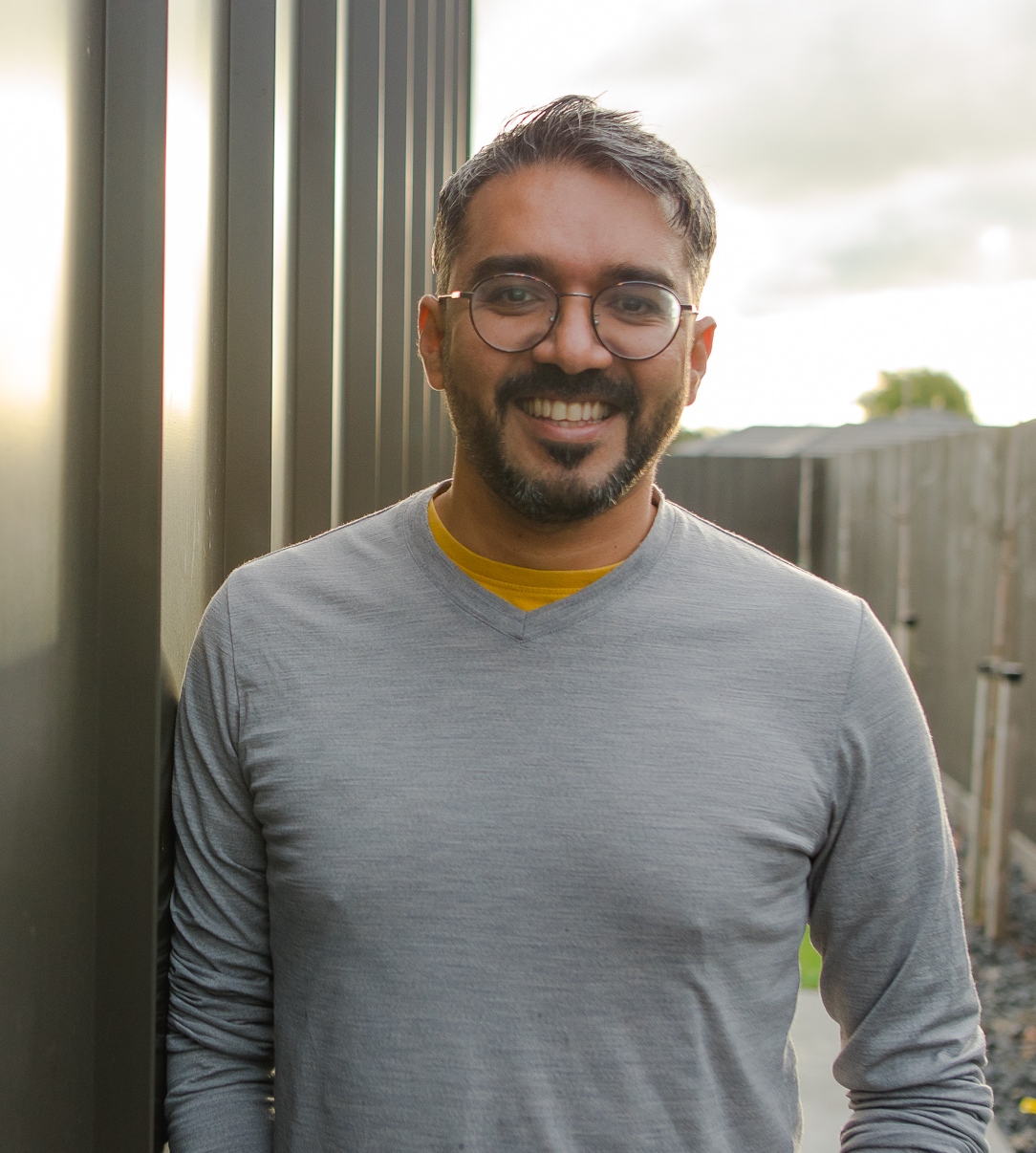Impact Springboard showcases leading innovation for global impact
5 March 2024Be bold, build capacity, inspire more, act now were central themes stemming from the Impact Springboard event hosted by the Edmund Hillary Fellowship (EHF) last week (26-29 February 2024). The online, multi-session event aimed to connect Aotearoa NZ's innovation ecosystem with EHF Fellows, Hillary Laureates and NZ leaders around critical challenges facing Aotearoa NZ. More than 200 participants engaged in the five open sessions, where they were introduced to Fellows’ groundbreaking ventures and collective projects, delved into challenges and opportunities for Kiwi businesses to ‘go global’, and heard international expertise on global climate risks and how different jurisdictions are decarbonising.
Reflecting on the Impact Springboard event, Hillary Institute & EHF CEO Rosalie Nelson said:
“Throughout there was a strong sense of gritty determination. We need to shift gears: we need to accelerate support for entrepreneurs to grow globally. We need to navigate transition to a low-carbon economy in ways that support people and our economy. We have extraordinary innovators - but we need to inspire more startups, at scale. We need a bias to action: this is central to EHF Fellows and Hillary Laureates, so the value of this event was testing the appetite and alignment with the ecosystem. The resounding message is that we have all the pieces to the puzzle, we now need to act.”
Leading climate insights
International climate strategist and innovator, and Hillary Laureate, Aimée Christensen
A leader renowned for taking action - and a highlight of the event - was international climate strategist and innovator, and Hillary Laureate, Aimée Christensen who delivered a keynote talk on ‘Transforming New Zealand into a Low-Carbon Economy by 2050.’ In her introduction, Hillary Institute & EHF Chair Anna Kominik noted that Aimée is someone who ‘thinks big’, which she ‘backs up’ with action both globally and locally. Aimée shared global climate risks and trends - highlighting that currently NZ’s actions are rated as insufficient to meet targets, as are many Western economies. She drilled down into the need to transform the global food system, referencing Hillary Laureate Johan Rockström’s finding that:
“The food system is the single largest economic sector causing the transgression of planetary boundaries.”
Turning her focus to Aotearoa NZ’s food system, as a significant contributor of the country’s greenhouse gases, Aimée outlined how creating ‘a resilient food future’ in Aotearoa NZ is now an economic and trade imperative - not just an environmental driver - that needs action now. Aimée noted the transformation could be accelerated through assessing risks and assets, indigenous knowledge, investing in innovation, and government shifting resources to community resilient activities. She also highlighted the potential to position New Zealand as a testbed for global food and farm solutions.
“I really do believe that New Zealand could be this incredible global testbed for global food and farm solutions - really an exciting potential there, but needs a collaboration among all the parties.” Aimée Christensen
Spotlight on transformative ventures and leaders
Highlighting Fellows’ expertise and leadership was a focus of the ‘Transformative Ventures with Global Impact’ session, which kicked off the Impact Springboard. Fellows Aaron McDonald Co-founder & CEO of Futureverse, Dipanwita Das Co-founder & CEO of AI startup Sorcero, and Lovina McMurchy COO at Kry10 Limited each discussed how their respective ventures are disrupting existing systems and markets through cutting-edge technology that addresses unmet needs. Despite each venture operating in diverse industries (the metaverse, real-time medical analytics, intelligent infrastructure), the session highlighted a common theme between these Fellows and their ventures - creating technology that enables and empowers people.
“We are not only the creators of transformative technology, but we’re the consumers of it.” Fellow Dipanwita Das, Cofounder & CEO of AI startup Sorcero
EHF Fellows Dipanwita Das, Aaron McDonald, and Lovina McMurchy
Pathways for maturing the innovation ecosystem
Accelerating growth of Aotearoa NZ’s startup and innovation system was the focus of the ‘Going Global’ session featuring Guy Te Kiniwe Royal Investor and Indigenous Development Adviser, Marian Johnson Ministry of Awesome CEO and Anthony Lee - EHF Fellow and global venture capital leader. The panel discussed existing constraints the ecosystem faces, such as an absence of corporates and the need for capability building, but also the importance of strong role models and storytelling to increase aspiration and ambition among Kiwi founders. Anthony spoke about the C100 network in Canada that he helped found as a programmatic approach to inspire founders to ‘think bigger’ by harnessing Canada’s global entrepreneurs and investors to support founders moving into the US. This session highlighted several pathways for NZ’s innovation system to be more competitive globally - this included our need for a focused vision to build direct pathways into key markets and improve connectivity to global ecosystems, harnessing the Kiwi diaspora. It also enabled participants, which included founders, to share some of the barriers they had faced in scaling their businesses. This was also an objective of the ‘EHF Friendly Sharks’ session in which Fellows - and seasoned investors and entrepreneurs - Mark Bregman, Kirsty Reynolds and Sean McGrail held ‘mentor hours for founders’, which allowed four startups and founders to test ideas and seek advice on a range of business challenges.
‘It feels like the ecosystem is at an inflection point.’ EHF Fellow and venture capitalist leader Anthony Lee reflecting on summed up the maturity and potential of Aotearoa NZ’s innovation system.
Guy Te Kiniwe Royal (Investor and Indigenous Development Adviser), Marian Johnson (Ministry of Awesome CEO), and EHF Fellow Anthony Lee
Exploring new models + invitations to act
Learning and inspiring action were also key objectives of the Impact Springboard, with participants able to explore emerging models such as regenerative and blended finance, and how new Web 3.0 technology can enable communities to self-organise around shared values. Fellows Satya Dontamsetti, Vishal Chaddha, and Siddharth Sthalekar shared the Climate Impact Fund for Asia Pacific Islands (CLIMAP), a new initiative being spearheaded by a group of Fellows, which aims to unlock capital for on-the-ground communities. The Fellows invited participants to shape the initiative, share connections to funds and suggest projects. In a follow-on session Siddharth Sthalekar shared his venture Neighbourhoods, which uses Web 3.0 technology to give communities greater autonomy in how they connect and collaborate. Sid’s session sparked interest in how the network could be used in a range of community-based applications as well as potential pilot projects.
EHF Fellows Satya Dontamsetti, Vishal Chaddha, and Siddharth Sthalekar
Wide array of sessions for Fellows
In addition to the five open sessions, which provided visibility of Fellow ventures and projects creating positive impact, the Impact Springboard also featured ten sessions for Fellows which focused on connection, learning and support. These sessions allowed Fellows to learn more about impact opportunities in Aotearoa NZ, like the ‘Burgeoning Māori Economy’ session, as well as opportunities to support each other, such as the Founder Wellbeing session.
Ngā mihi / thank you
The Hillary Institute and EHF are incredibly grateful to all the speakers and contributors who made the Impact Springboard such a success - for their time, energy and valuable insights. We are also appreciative of everyone who attended the sessions, asked questions and contributed to these valuable discussions.
Session recordings
Recordings of the five open sessions are available on the EHF website: https://www.ehf.org/events
EHF intends to hold another Impact Springboard in the near future - details will be shared via our events page.



